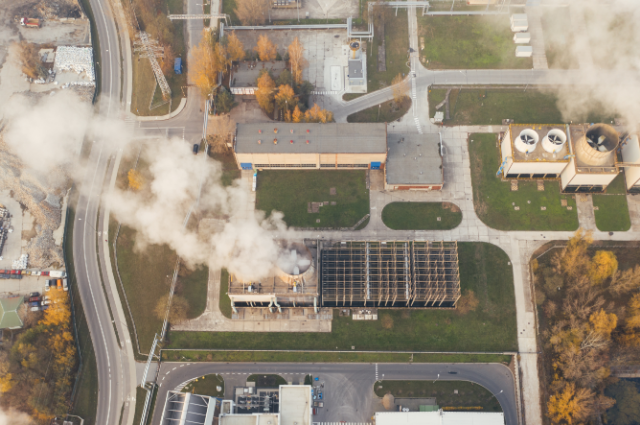
Photo by Marcin Jozwiak on Unsplash
We as humans are responsible for the extensive, irreversible damages that we have been inflicting on our planet for the past seven decades post World War II. Our anthropogenic disturbances have been impacting the planet negatively concerning the unprecedented increase of global human populations, widespread destruction of our virgin forests, loss of wildlife and biodiversity, extensive pollution of terrestrial as well as freshwater and marine aquatic ecosystems often beyond repair, extensive mono-crop based industrial agriculture using synthetic fertilizers and chemical pesticides, uncontrolled and unmonitored emission and release of toxic industrial gases, sludge, spent heavy water, unused toxic byproducts that are being released indiscriminately into the local ecosystem without any decontamination or detoxification process to mention only handful factors deteriorating our environment on a daily basis. The cumulative and synergies impacts of such negative anthropogenic disturbances are significantly deteriorating the quality of our life around the planet.
However, one silent evil that is slowly penetrating our lives from a human perspective is sound pollution. The constant flow of heavy traffic, the sound of high-pitched emergency vehicles, industrial noises, the sound of aircraft and military jets moving in and out of an airport, loud honks made by vehicles, railway engines, and marine going vessels, ambient city soundscape and overall crowding in cities and municipalities are all impacting the environment around us. We face challenges to talk to one another clearly during the busy part of the day or suffer from unknown and unseen mental fatigues being exposed to continuous negative impacts of recurrent sound pollution.
Thus we can well understand the dilemma of our modern lives across the planets. Climate Change has been impacting all countries whether developed or underdeveloped or developing across the planet. The average increase in the temperature of our planet is facilitating the melting of polar icebergs and glaciers around the planet. Unprecedented floods, drought, and famine with unpredictable patterns of weather regimes are impacting our safety, security, and economic development. The increase in sea level is threatening future inundations of small island nations as well as low-lying areas of different continents around the coastal areas. Excessive accumulation of Greenhouse gases such as carbon dioxide, carbon monoxide, various hydrocarbons, oxides of nitrogen and sulfur, and chlorofluorocarbons are depleting the precious ozone layer of our atmosphere making them vulnerable to harmful UV radiations with negative impacts on the health of humans, animals, and plants.
In short, we can conclude that numerous anthropogenic factors have made our life directly or indirectly exposed to multiple levels of environmental stress that is turning detrimental to the quality of our lives across the globe. But what is ‘environmental stress’ in simplest terms and what do we mean by it? Environmental stress is the negative, cumulative and synergistic impacts of unacceptable or undesirable human actions that impact the environment, ecosystem, society, and human health from a long-term perspective. It is the product of ecological, sociological, economical, and psychological stresses that are impacting both our body and mind negatively, our cognitive abilities, intellect as well as ability to take appropriate judicious decisions due to prolonged exposure and lack of any prevention, protection, or medical attention.
